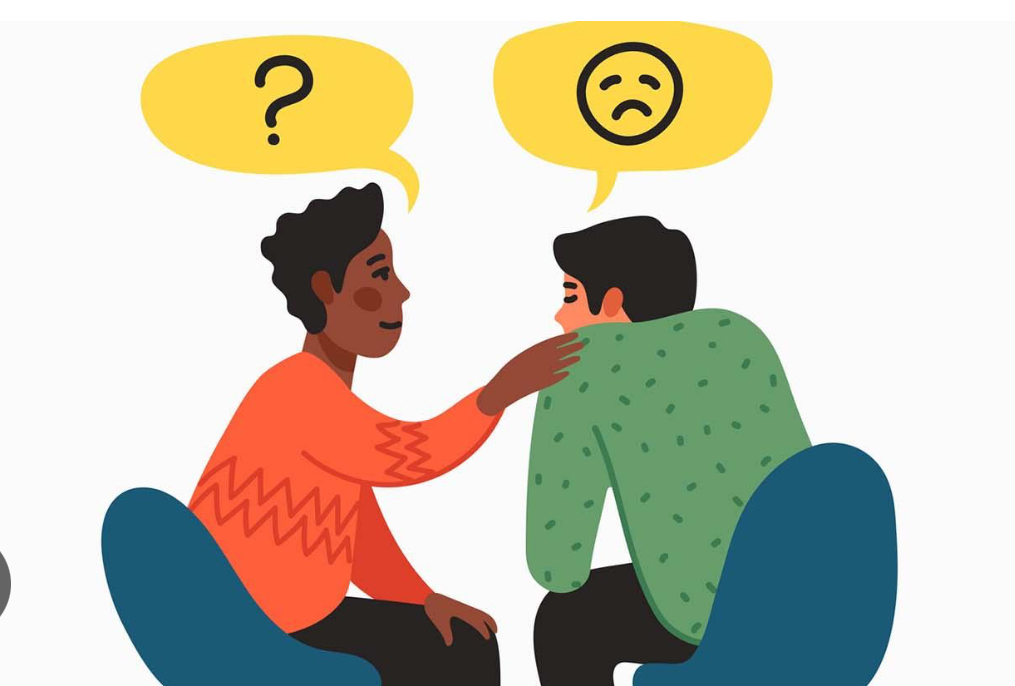Road Safety: The Power of Kindness and Avoiding Roadside Fights :- An extremely helpful blog By Prof. (Dr.) Rohit Chhirolya, MD, DM
Road safety is not just about following traffic rules—it is also about practicing patience, kindness, and responsibility toward others on the road. In a world where road rage incidents are increasing, a little kindness can go a long way in preventing conflicts and saving lives.
Causes of Roadside Fights:-
Roadside fights often stem from minor misunderstandings that escalate due to frustration and aggression. Some common causes include:
1. Reckless and Aggressive Driving
Speeding, tailgating, abrupt lane changes, and cutting off other drivers create tension and can provoke aggressive reactions.
2. Accidental Collisions or Vehicle Scratches
Even minor accidents can lead to heated arguments, especially when drivers refuse to accept responsibility or negotiate calmly.
3. Excessive Honking and Impatience
Constant honking, especially in traffic jams, can irritate drivers and pedestrians, leading to verbal or physical altercations.
4. Road Congestion and Stress
Heavy traffic can make people more irritable, increasing the likelihood of aggressive behavior when they feel delayed or blocked.
5. Ego Clashes and Miscommunication
Many fights start when drivers take minor incidents personally. A simple misunderstanding or misinterpretation of gestures can turn into a confrontation.
6. Drunk or Impaired Driving
Drivers under the influence of alcohol or drugs often have impaired judgment and are more likely to provoke or engage in fights.
7. Pedestrian-Vehicle Conflicts
Pedestrians crossing unexpectedly, cyclists not following road rules, or drivers refusing to give way can lead to disputes between different road users.
The Role of Kindness in Road Safety:-
When we drive with empathy and consideration, we create a safer and more peaceful road environment. Here’s how kindness can make a difference:
1. Yielding the Right of Way
Letting another vehicle pass, especially in congested areas, can ease traffic flow and reduce frustration. Small gestures like allowing pedestrians to cross safely or slowing down for cyclists can prevent accidents.
2. Avoiding Aggressive Driving
Speeding, honking excessively, tailgating, or cutting off other vehicles leads to unnecessary tension. A mindful approach to driving ensures a smooth and stress-free journey for everyone.
3. Showing Patience in Traffic
Heavy traffic can be frustrating, but losing patience only worsens the situation. Staying calm, avoiding honking unnecessarily, and not engaging in verbal spats help maintain road harmony.
4. Offering Help When Needed
If you see someone with a broken-down vehicle or an accident victim, offering help can make a huge difference. Calling emergency services, guiding traffic, or assisting a stranded driver reflects true road kindness.
5. Controlling Anger and Avoiding Fights
Minor accidents or scratches on a vehicle should never escalate into physical confrontations. Instead of reacting with anger, handling the situation with politeness and maturity can prevent unnecessary conflicts and legal trouble.
Consequences of Roadside Fights and Aggression
1. Increased Risk of Accidents
Road rage and altercations distract both drivers and others on the road, often leading to serious accidents.
2. Legal Troubles
Engaging in fights can result in police complaints, fines, or even legal action, affecting your personal and professional life.
3. Impact on Mental and Physical Health
Stress, anger, and aggression take a toll on well-being, while physical fights can cause serious injuries, including traumatic brain injuries (TBI).
4. Negative Social Consequences
In today’s digital world, road rage incidents are often recorded and shared online, leading to embarrassment and damage to reputation.
The Dangers of Traumatic Brain Injury (TBI) from Road Accidents
A traumatic brain injury (TBI) occurs when a sudden impact to the head causes damage to the brain. It is one of the most severe consequences of road accidents and fights.
Effects of TBI:
• Short-Term: Confusion, dizziness, nausea, and headaches.
• Long-Term: Memory loss, cognitive impairment, mood disorders, and reduced motor functions.
• Severe Cases: Paralysis, speech impairment, or lifelong disability.
How to Prevent TBI and Stay Safe on the Road:
• Wear a helmet while riding a two-wheeler.
• Always fasten seat belts in cars.
• Avoid physical fights that could lead to head injuries.
• Drive responsibly to prevent crashes.
Take-Home Message by Dr. Chhirolya:-
• Kindness is key – A little patience and empathy can save lives.
• Road rage is not worth it – Avoid unnecessary conflicts and focus on safety.
• Drive with responsibility – Your actions on the road impact others.
• Help others when needed – Offering assistance makes roads safer for everyone.
A safe road is a shared responsibility. Let’s choose kindness over aggression, patience over frustration, and responsibility over recklessness. Together, we can create a more peaceful and safer driving experience for all.
🇮🇳 7985022365
Cuttack, Odisha, India









Comments
Post a Comment